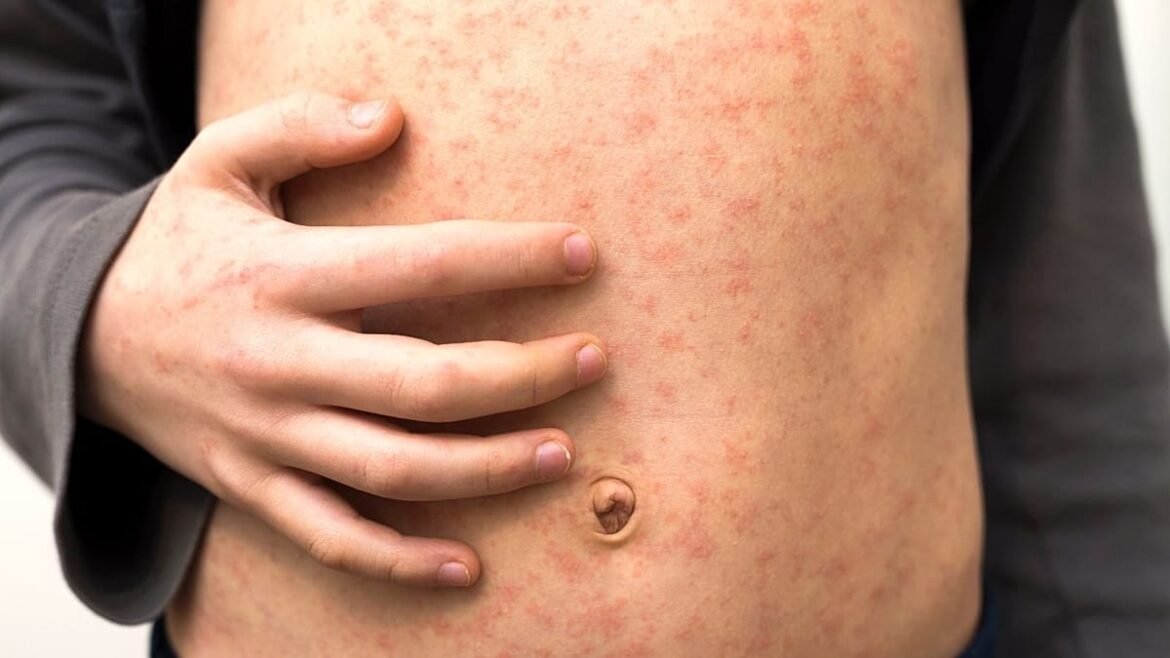Published on
Canada has lost its measles elimination status, nearly three decades after it was first certified as free of the highly contagious disease.
The country has been grappling with a massive measles outbreak since October 2024. This year, more than 5,100 cases and two deaths have been reported in 10 jurisdictions.
Canada was first declared measles-free in 1998. Its public health agency said on Monday that it lost this status because the same strain of measles has been spreading unchecked for more than a year.
“While transmission has slowed recently, the outbreak has persisted for over 12 months, primarily within under-vaccinated communities,” the agency said.
So far this year, 88 per cent of measles cases have been among unvaccinated people, national health data shows.
Measles is so contagious that an unvaccinated person can get sick if they enter a room where an infected person coughed or sneezed up to two hours earlier, even if they had since left.
Health authorities say at least 95 per cent of a community must be immunised with two jabs to prevent measles outbreaks and protect vulnerable people who cannot be vaccinated, like babies.
Canada’s public health agency said it is working with the Pan American Health Organization (PAHO) to boost vaccination rates and improve data-sharing and surveillance programmes.
The country could regain its measles elimination status if it can interrupt the current strain’s spread for at least one year.
Its outbreak coincides with a surge in measles across Europe in recent years. In 2024, there were more than 35,000 cases reported in the European Union, Iceland, Liechtenstein, and Norway.
That is a tenfold increase from the year before, according to the European Centre for Disease Prevention and Control (ECDC).
No part of the world has fully eliminated measles. As of late 2023, measles was still endemic in nine countries in the World Health Organization’s (WHO) European region, which includes Central Asia.



